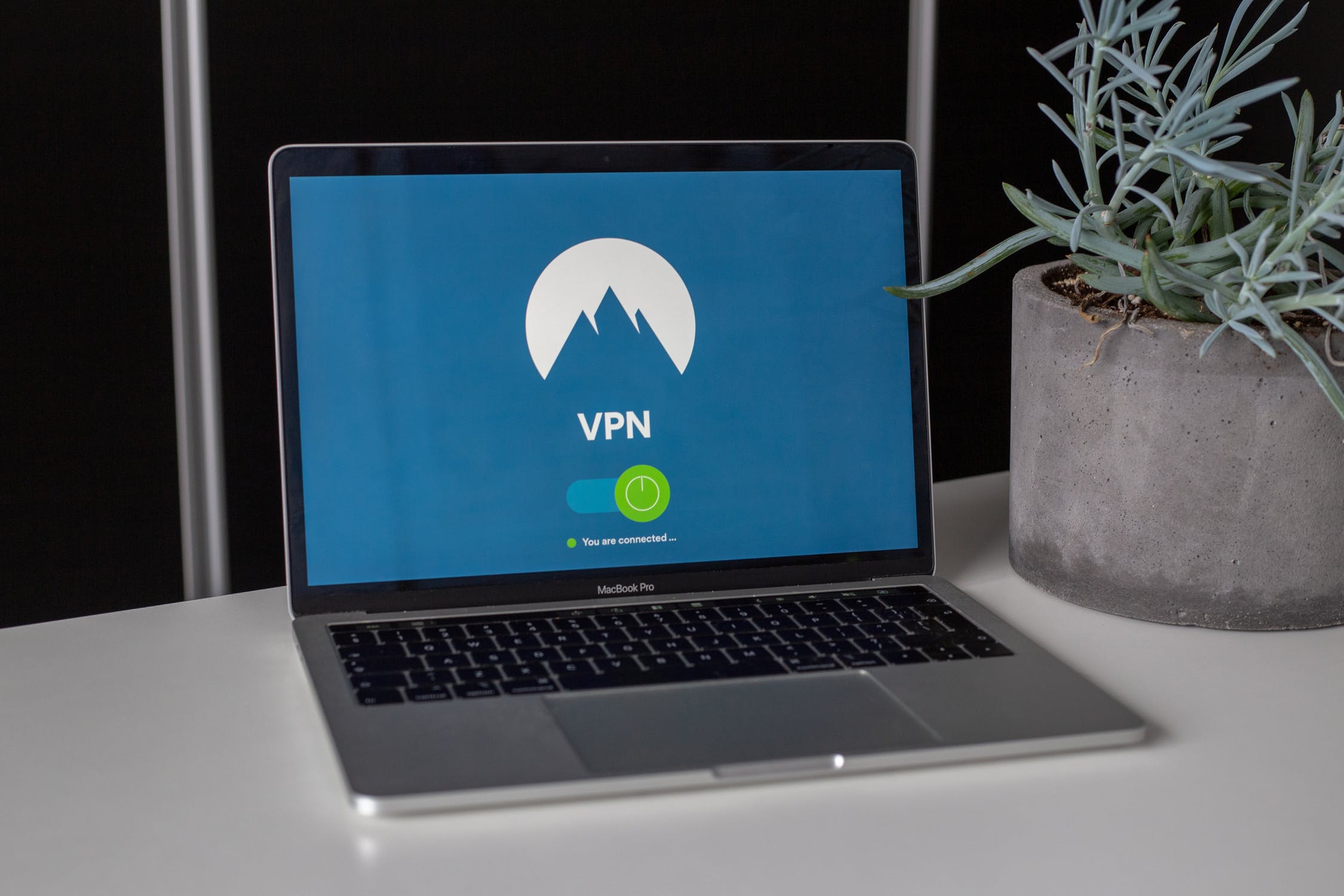VPNs can be a godsend when it comes to digital privacy and freedom of access. VPNs can conceal your real IP address so that the websites you visit don’t know where you are. This will let you bypass geo-restrictions to access more content than ever before.
One thing to bear in mind, however, is that a VPN has the potential to slow down your internet traffic. This means that data-intensive tasks such as streaming in HD could become problematic if you get the wrong VPN service. That is why it is essential to take good advice and get a fast VPN in the first place.
Assuming that you have avoided subscribing to an extremely slow VPN service – and have opted for a VPN provider that runs a network comprising of fast servers – you ought to be able to use the internet as you normally would without any problems.
A fast VPN should only slow down your internet a negligible amount. Thus, the most important part of getting a fast VPN is definitely the subscription phase. With that said, there are things that VPN users can do to ensure they get the best possible speeds for their circumstances.
Connect to a server that is closer
The larger the distance that traffic has to travel, the bigger the possible drop in speeds. For this reason, it is always better to choose a server that is as close as possible. If you are using a VPN for privacy purposes as opposed to unblock content in a specific country, it may be better to connect to a server in your own country.
If you happen to live in a country that is more invasive in terms of surveillance, and you prefer to use a server in a country that doesn’t perform mandatory data retention – you always have the option to connect to a server in a country that is nearby. Either way, it is better to connect to a server that is physically closer to you; as that will improve the VPN’s performance.
On those occasions when you need to connect to a server in a specific country (in the US, for example, to unblock ESPN or some other US service) – it is again advisable to connect to a server that is as close as possible.
If you live in the UK, for example, it will be better to connect to a server on the East coast of America. If you live in Japan or Australia, on the other hand, a US server on the West Coast will give you slightly better speeds. If you prefer online gaming, you should use one of these gaming VPNs to provide protection and high connection speeds that online games require.
Alter the encryption settings
Some (but not all) VPN apps allow their users to change the encryption algorithm within the settings. OpenVPN encryption is generally regarded as the gold standard for privacy and security
(check why on this OpenVPN review), and many VPNs come with this encryption setting as default.
However, it is worth bearing in mind that there are other secure encryption protocols that might be able to give you slightly better speeds.
OpenVPN itself comes in two varieties: OpenVPN UDP and Open VPN TCP. If your VPN provides both kinds of connection in the settings menu – it is always best to opt for UDP if you are in need of faster speeds.
OpenVPN TCP is considered slightly more secure, which is why VPNs provide it. However, UDP is also secure and it provides faster connections for streaming and other data-intensive tasks.
Many VPNs also provide access to other protocols such as IKEv2, SSTP, L2TP/IPSec, and PPTP. IKEv2 is a robust protocol that is both secure and fast, so if your VPN provides this encryption it is definitely worth trying.
PPTP is a fast protocol, however, it is considered out of date in terms of privacy. So it should only be used when privacy is not essential; for gaming or streaming, for example. Just be sure to remember to change your VPN back onto OpenVPN (or another secure protocol) when you go back to using your VPN for privacy purposes. Because OpenVPN is much more secure.

